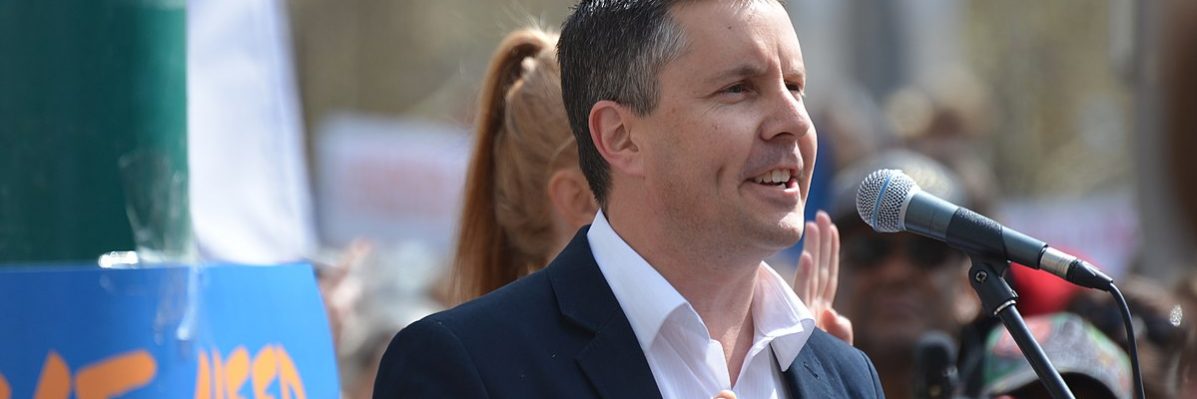Health Minister Mark Butler. Source: Peter Campbell
The Australian federal government will be slashing Medicare subsidised psychology appointments in a matter of weeks, despite advice from psychologists.
This decrease comes from the government’s decision to abandon the mental health program introduced in 2020 during the height of the COVID-19 pandemic. The program introduced 20 subsidised psychologist appointments per year for those with Medicare cards but will now be dropping back down to 10 per year.
Health Minister Mark Butler has defended the decision, stating that the additional 10 appointments introduced back in 2020 were going to pre-existing patients, and doing little to help people in rural and low socio-economic areas.
Butler has stated: “the evaluation I am publishing today considered the impact of those additional 10 sessions and found they drove a very big increase in the number of services in this sector generally… But it found that those additional 10 aggravated existing waiting lists and aggravated barriers to access, particularly by (people in rural and low socio-economic areas).” Butler then went on to say that “the evaluation found that all of the additional services went to existing patients and that the number of new patients who were able to get into the system and get access to psychology services actually declined by 7 per cent.”
However, the Australian Association of Psychologists were extremely disappointed in the decision and have called for the additional 10 appointments to be made permanent.
Tegan Carrison, executive director of the Australian Association of Psychologists, has said “given the devastating impact of the pandemic, regular natural disasters, increasing levels of mental ill-health and unprecedented demand, this decision is denying people the level of mental health care they so desperately need… We implore the federal government to give more consideration to the mental wellbeing of all Australians.”
What is especially concerning is that this cut to a vital healthcare service is not isolated. This year, many General Practitioners have had to scrap bulkbilling, charging full price for appointments because government rebates are too low. These GPs work in important medical centres in highly populated and low socioeconomic areas.
With budget cuts to basic health services and high costs for specialist services, many Australians are growing increasingly worried for the country’s healthcare system.





